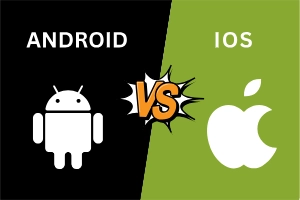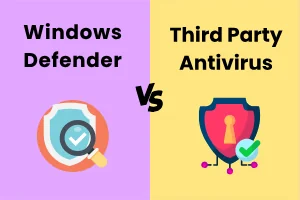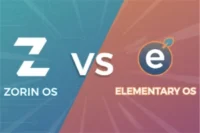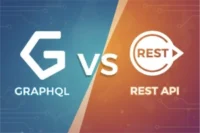Differences Between VPN and proxy server: Choose the Best
Published: 15 Oct 2024
Nowadays where online privacy and security are most important, tools like VPNs (Virtual Private Networks) and proxy servers have gained significant popularity.
While both serve as broker between users and the internet, they differ in their functionality, features, and level of protection.

In this article, we will explore about Differences between VPNs and proxy servers, make clear on their unique characteristics and helping users make informed decisions about which tool suits their specific needs.
What is a VPN?
A VPN is a tool that creates a secure tunnel for your internet connection. It hides your IP address and encrypts all your online data.
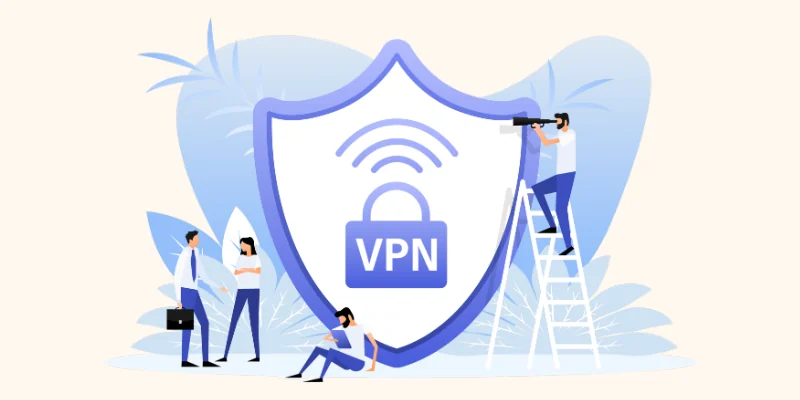
VPNs protect your entire internet connection, not just certain apps or websites. They keep your identity and data safe from hackers and prying eyes.
How it Works:
- When you use a VPN, all your internet traffic goes through an encrypted tunnel.
- Your real IP address is hidden, and a new one from the VPN server is used.
- This way, no one can see your real location or access your data.
- It makes your online activities completely private.
What is a Proxy Server?
A proxy server is a gateway between you and the internet. It hides your real IP address when you visit certain websites.
A proxy does not encrypt your data, it just hides your location. Proxies are often used to bypass website restrictions or access content.

How it Works:
- When you connect to a proxy server, your request for a website goes through the proxy first.
- The proxy sends the request to the website using its IP address instead of yours.
- The website sends the information back to the proxy, which then sends it to you.
- This way, the website only sees the proxy’s IP address, not your real one.
VPN vs Proxy Server: Key Comparison
Here is the list of Difference between VPN and Proxy Server:
- Functionality
- Security
- Anonymity
- Traffic Encryption
- Data Privacy
- Device-wide Protection
- Geolocation Spoofing
- Speed
- Compatibility
- Network-wide Protection
- Torrenting and P2P
- DNS Leakage
- Encryption Protocols
- Server Network
- Cost
Let’s talk about all these differences indetails:
1. Functionality:
VPN: A VPN creates a secure and encrypted connection between the user’s device and the internet, routing all internet traffic through a remote server.
Proxy Server: A proxy server, acts as a middleman between the user and the internet, forwarding requests without encrypting the data.
2. Security:
VPN: VPNs provide strong security by encrypting all of your internet traffic. Hackers and other third parties cannot access your data or see what you are doing.
Even on public Wi-Fi networks, VPNs offer full protection. This makes VPNs a great choice for people concerned about online safety.

Proxy Server: Proxy servers do not offer encryption, so your data is still exposed. They only hide your IP address, but they do not protect your online activities.
Hackers can still intercept your data if you are not using a secure website. Proxies are less secure than VPNs when it comes to protecting personal information.
3. Anonymity:
VPN: VPNs offer a higher level of anonymity by masking the user’s IP address and encrypting their internet traffic.
Proxy Server: Proxy servers, although they can hide the user’s IP address to some extent, do not provide the same level of anonymity as VPNs.
4. Traffic Encryption:
VPN: VPNs encrypt all internet traffic, including websites visited, data exchanged, and online activities.
Proxy Server: Proxy servers do not basically encrypt traffic, leaving it in danger to interception.
5. Data Privacy:
VPN: VPNs keep your internet activity private from your internet service provider (ISP) and websites. Your online actions are completely unknown since your real IP is hidden.
VPNs can even prevent websites from tracking your location and behavior. VPNs also block ads and trackers from spying on your activity.
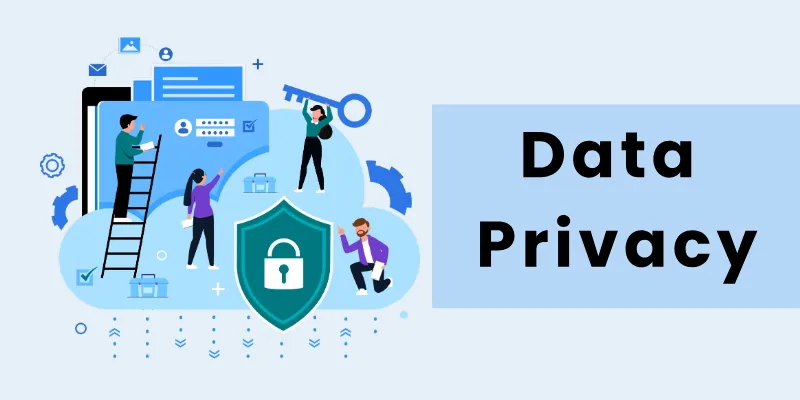
Proxy Server: Proxies offer limited privacy by hiding your IP address. However, your ISP and other third parties can still see your online activity.
Proxy servers do not stop websites from tracking you in other ways, like through cookies. Proxies are more suitable for basic tasks where complete privacy isn’t needed.
6. Device-wide Protection:
VPN: VPNs can be configured at the system level, providing protection for all applications and internet traffic on a device.
Proxy Server: Proxy servers typically need to be configured on a per-application basis, offering limited protection.
7. Geolocation Spoofing:
VPN: VPNs are very effective for bypassing geo-blocks and accessing content from other countries. They allow you to watch shows, access websites, and play games restricted to certain regions.
VPNs give you a wide selection of server locations to choose from. They are popular for people who want to access streaming services like Netflix from different countries.
Proxy Server: Proxy servers can also help bypass geo-blocks, but they are not as effective as VPNs. Some websites can detect and block proxy servers easily.
Proxies are a quicker and simpler solution for accessing region-locked content, but they don’t always work. They are a good choice for casual tasks like viewing blocked videos but not for serious streaming.
8. Speed:
VPN: VPNs may slow down your internet connection because of the encryption process. However, good VPN providers offer fast servers to minimize speed loss.
The more secure the VPN, the more likely it will impact your connection speed slightly. VPNs are ideal for regular internet usage, but for some heavy data tasks, speed can be affected.

Proxy Server: Proxies usually do not slow down your internet connection much. Since they do not encrypt your data, they are faster for basic browsing.
They are great for accessing region-blocked content without a noticeable speed drop. Proxies are faster than VPNs for tasks that don’t require high security.
9. Compatibility:
VPN: VPNs can be used on various devices and operating systems, including computers, smartphones, and tablets.
Proxy Server: Proxy servers are often limited to specific applications or browsers.
10. Network-wide Protection:
VPN: VPNs can secure an entire network, protecting all devices connected to it.
Proxy Server: Proxy servers typically operate on a per-device or per-application basis.
11. Torrenting and P2P:
VPN: VPNs are commonly used for torrenting and peer-to-peer (P2P) file sharing due to their encryption and invisibility features.

Proxy Server: Proxy servers may support P2P traffic but often lack the same level of security and invisibility.
12. DNS Leakage:
VPN: VPNs prevent DNS (Domain Name System) leakage, ensuring that all DNS queries are routed through the VPN server.
Proxy Server: Proxy servers may not offer the same level of DNS leakage protection.
13. Encryption Protocols:
VPN: VPNs encrypt all of your internet traffic, making it impossible for anyone to read your data. This encryption adds a strong layer of security that is useful for sensitive tasks like online banking.
Even if someone tries to intercept your data, they won’t be able to understand it. VPN encryption is one of the main reasons people use VPNs for privacy and safety.
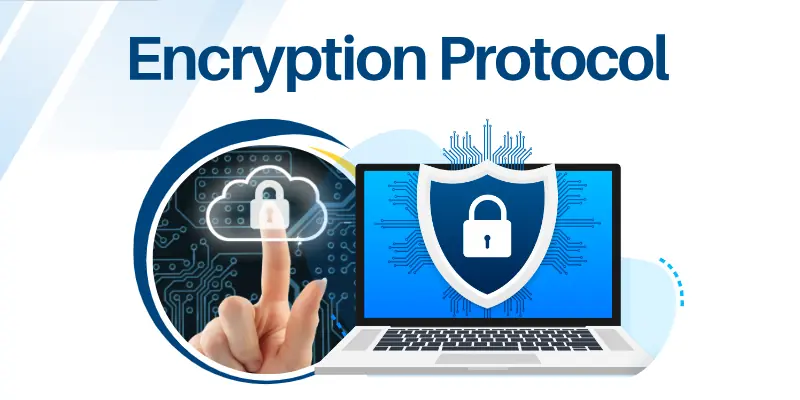
Proxy Server: Proxy servers do not encrypt your data at all. This means that your data can be exposed to hackers, especially if you are using a public Wi-Fi network.
Proxies only hide your IP address but do not provide protection against data theft. For secure activities, proxies are not as reliable as VPNs.
14. Server Network:
VPN: VPNs have extensive server networks in multiple countries, offering users a wide range of server options for optimal performance and access to geo-restricted content.
Proxy Server: Proxy servers may have limited server options.
15. Cost:
VPN: Many good VPN services charge a monthly or yearly fee. Paid VPNs offer better security, speed, and customer support.
There are free VPNs available, but they often come with slower speeds and fewer features. Paid VPNs are worth it for people who value their privacy and security.
Proxy Server: Most proxy servers are free or very cheap to use. They are a budget-friendly option for people who only need to hide their IP address.
However, free proxies often come with poor performance, ads, or slow speeds. Paid proxies may offer better service, but they still lack the security of a VPN.
Conclusion:
While both VPNs and proxy servers serve as intermediaries between users and the internet, they differ significantly in terms of functionality, security, anonymity, and features.
VPNs offer a higher level of security, encryption, and anonymity, while proxy servers provide faster speeds and simpler configurations.
Understand these 15 differences will help users make an informed decision based on their specific privacy, security, and browsing needs.
FAQs about VPN and Proxy Server:
Here are some of the most FAQs related to VPN and Proxy Server:
The primary difference is how they handle data encryption. A VPN (Virtual Private Network) encrypts all your internet traffic and routes it through a secure server, providing complete privacy and security.
A proxy server only hides your IP address and acts as an intermediary between your device and the internet, but it doesn’t encrypt your data.
A VPN is better for online privacy because it fully encrypts your internet traffic, preventing anyone from tracking or intercepting your data.
A proxy server, while useful for hiding your IP address, doesn’t offer the same level of privacy since it doesn’t encrypt your connection.
A proxy server can be faster than a VPN because it doesn’t perform encryption, meaning less data overhead. However, this speed comes at the cost of security.
VPNs might slow down your connection slightly due to encryption, but the difference is usually minimal with high-quality VPN services.
Yes, both VPNs and proxy servers can bypass geo-restrictions by masking your IP address.
However, VPNs are more reliable for this purpose, as they provide stronger encryption and security, making them harder for websites or services to detect and block compared to proxies.
You should use a VPN when you need enhanced privacy, security, and protection for sensitive activities like online banking, sending private emails, or browsing the web on public Wi-Fi.
A proxy server is better for simple tasks like unblocking content or hiding your IP address without needing strong encryption.
Yes, proxy servers can help access blocked websites.
A proxy server is not as safe as a VPN because it doesn’t encrypt your data.
Yes, a VPN might slow down your internet slightly due to encryption.

- Be Respectful
- Stay Relevant
- Stay Positive
- True Feedback
- Encourage Discussion
- Avoid Spamming
- No Fake News
- Don't Copy-Paste
- No Personal Attacks

- Be Respectful
- Stay Relevant
- Stay Positive
- True Feedback
- Encourage Discussion
- Avoid Spamming
- No Fake News
- Don't Copy-Paste
- No Personal Attacks
